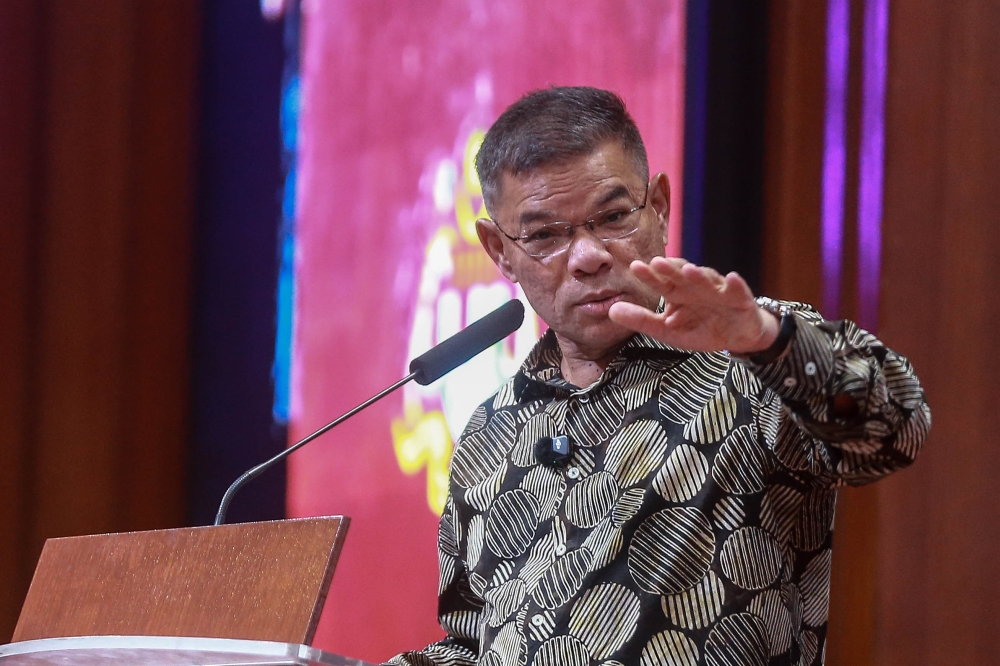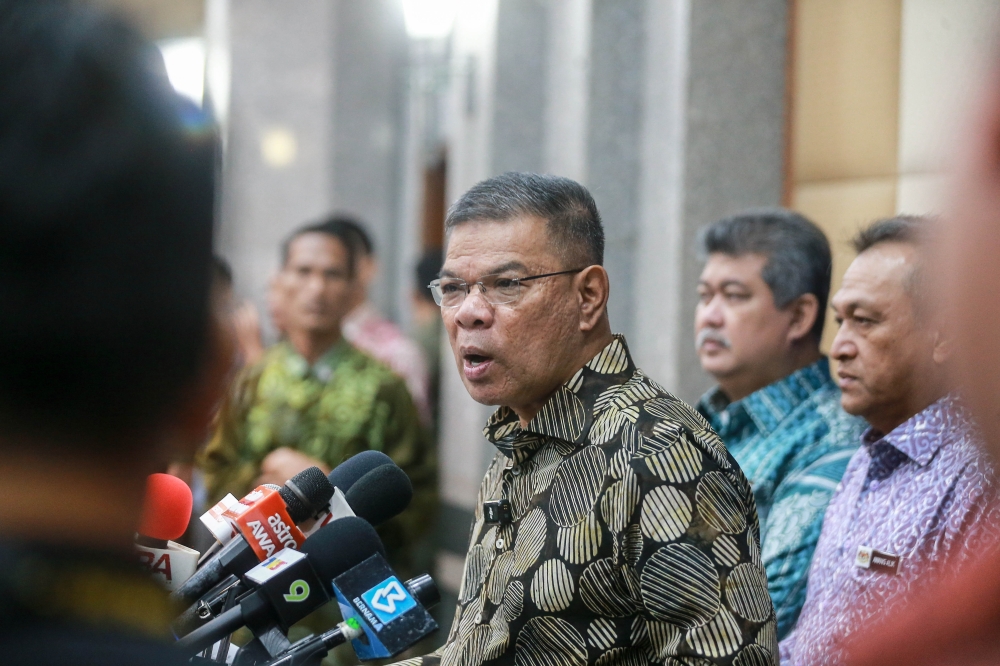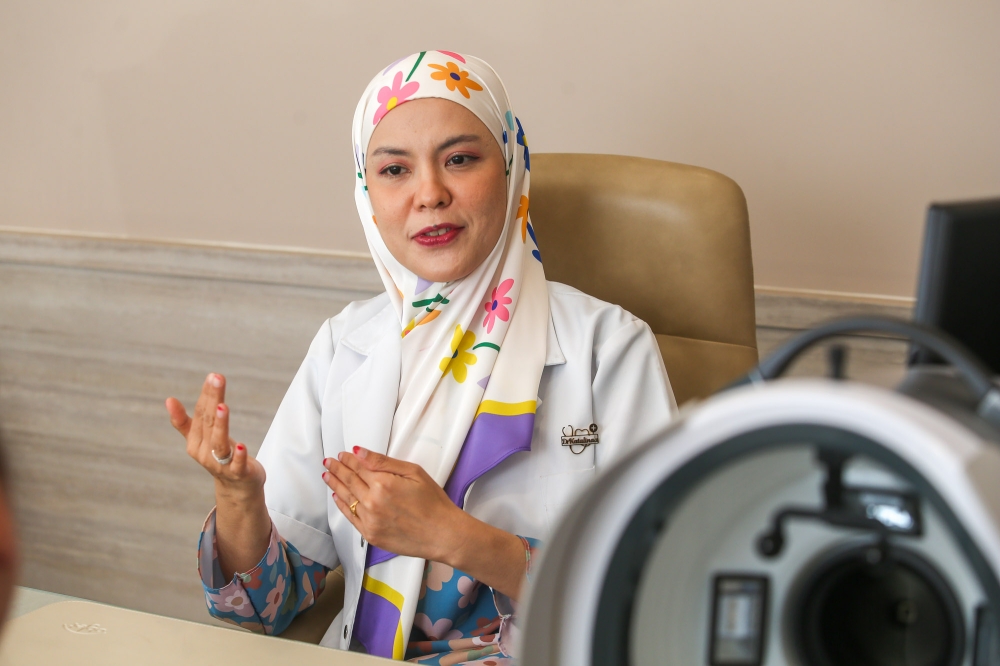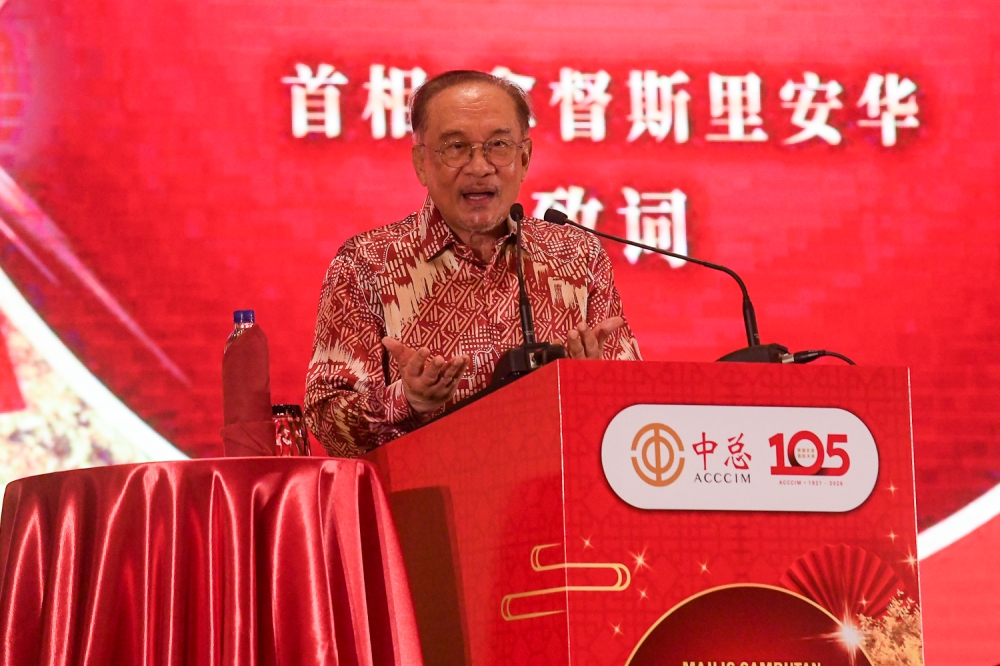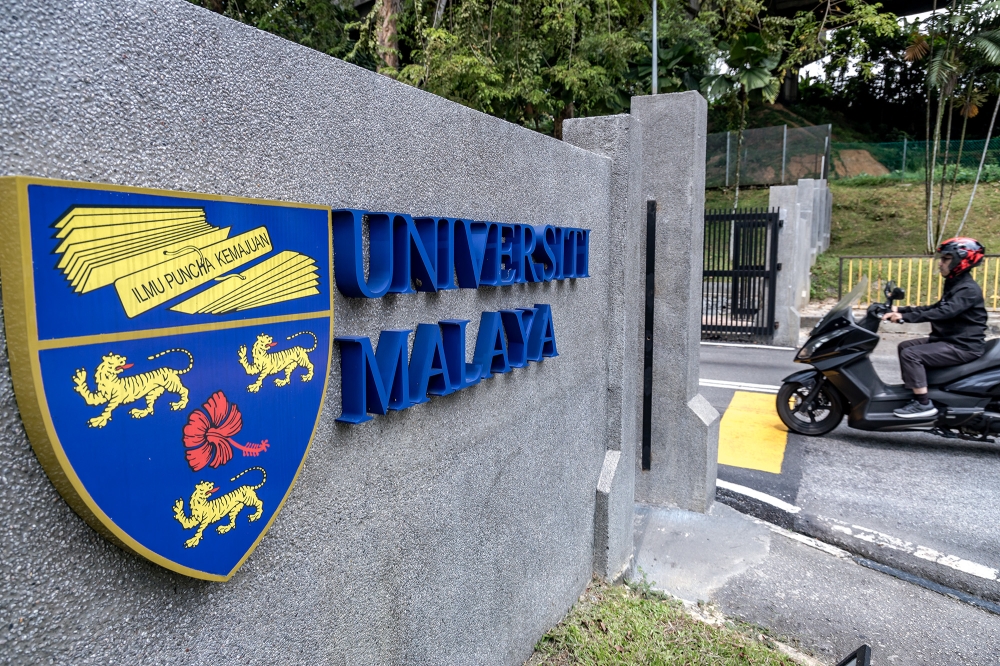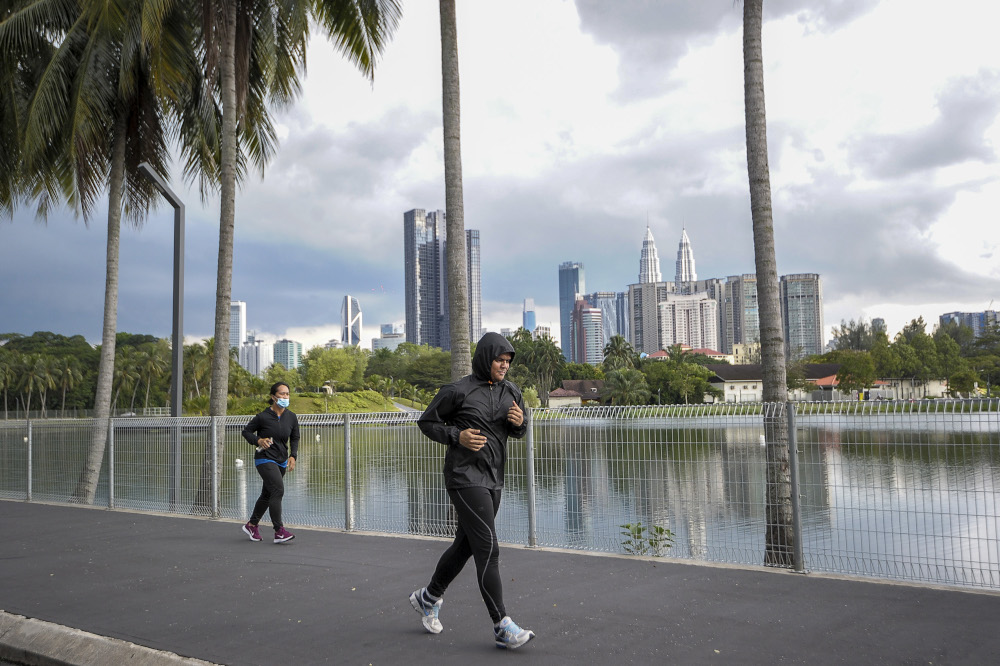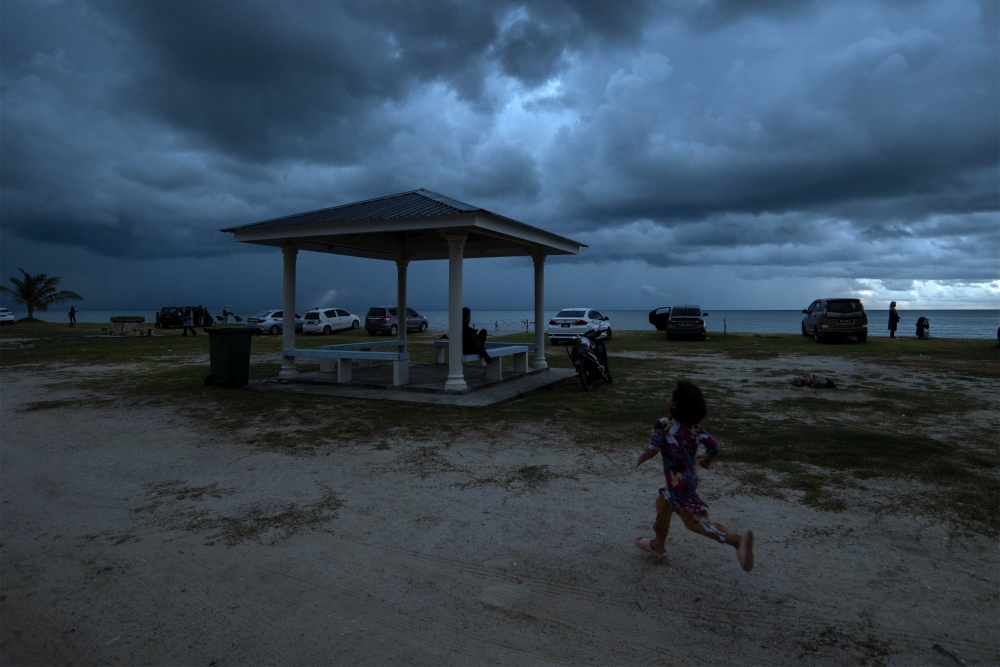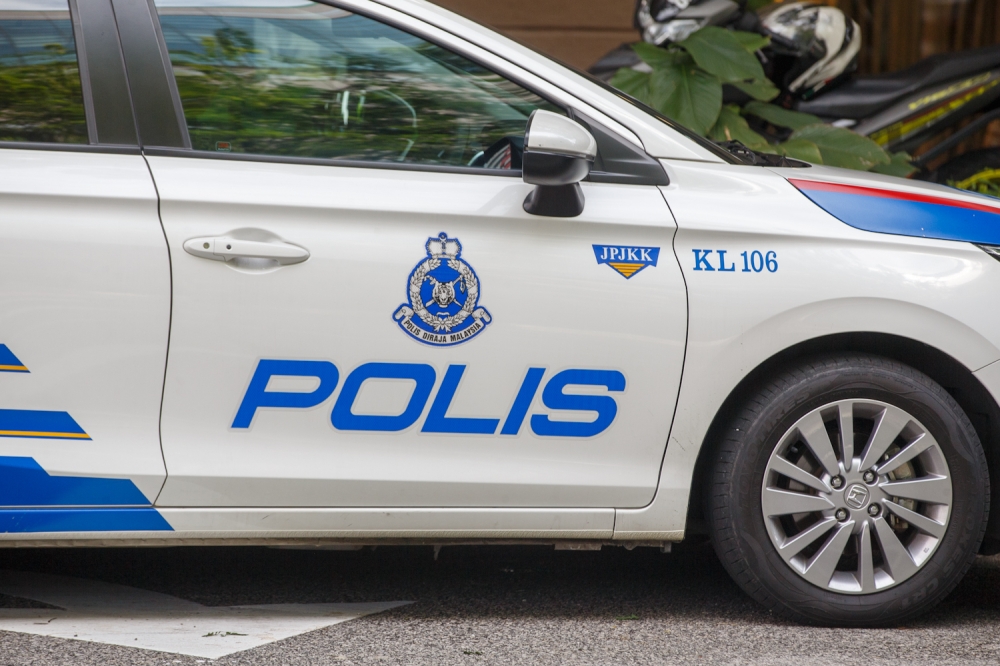KUALA LUMPUR, July 10 — One unexpected thing that came about because of the Covid-19 pandemic is an appreciation for a better quality lifestyle.
Urban city planning expert Shuhana Shamsuddin said a clear example of this was the overcrowding at public parks once they were allowed to re-open.
The former professor of Urban Design at Universiti Teknologi Malaysia (UTM) has more than 30 years’ experience in researching urban design.
“Covid-19 brought about many realisations… especially in the city. People realised that a quality life is not just about spending time at the shopping mall… they are now beginning to appreciate nature, and the benefits it offers” she said in a phone interview with Malay Mail.
Even though almost all businesses have been allowed to re-open, the desire to visit enclosed areas such as shopping malls has decreased as more opt for online shopping to reduce the risk of catching Covid-19.
“People are avoiding confined and enclosed areas, not just shopping malls, but even restaurants as there are now options for takeout.
“Because it is uncertain when we can finally say the world is free from Covid-19, it is crucial that we start thinking about how to accommodate the possible recurrence of an outbreak,” said Shuhana who recently founded and launched the Malaysian Urban Design Association.
Shuhana stressed that there is also a real need to factor in Covid-19 in future city planning.
Right now, Shuhana said, there are insufficient public spaces to accommodate the many Malaysians who are avoiding indoor complexes.
“The problem is, our streets are not conducive to walking as there simply isn't enough space to accommodate both vehicles and pedestrians or cyclists.
“Similarly, we don't have enough recreational parks, and that is why Taman Tasik Titiwangsa was crowded when it reopened after the MCO was relaxed,” she said.
On June 3, Kuala Lumpur City Hall (DBKL) said it plans to close four more public parks in the Federal capital to “punish” the public who are not taking social distancing seriously, citing big families having picnics at some of the parks.

Earlier, Taman Tasik Titiwangsa was closed to the public indefinitely after too many people visited the park when the government loosened restrictions.
In light of these shifts of norms, Shuhana said there is a need to rethink approvals given to build more malls and office spaces.
“Do we need more malls if nobody is going to be in them? Office spaces may even be redundant since now there is an option to work from home to prevent crowding at the office,” she added.
Citing examples of cities like Milan in Italy, and Bogota in Colombia, which reclaimed space from their streets to accommodate cycling and walking, she said it was unfortunate such an effort has yet to be seen here.
Then there is the issue of accessibility to spaces that already exist. “There may be spaces but are they accessible? Something the government could do is collaborate with private companies for land or property that can be turned into public spaces for the masses.
“In other countries, there are such collaborations. Just not in Malaysia at the moment,” Shuhana said.
One example where private land can be utilised to create more public spaces is land beneath power lines. Maybe this could be an opportunity where land beneath the power lines can be legalised to be used as public spaces.
“(Land beneath power lines still cannot be categorised as public spaces) because no structures can be built underneath those power lines.
“But when we talk about, say, Kebun-Kebun Bangsar, where it's a community garden and hence more public in nature compared to the nurseries which are more commercial, then we can also categorise it as a form of insurgent urbanism practice… where idle lands (public and private) are put to more beneficial and productive use by individuals or the community,” said Nurul Azreen Azlan, a UTM senior lecturer.
Nurul, an expert in sustainable urban design, also cited several cities that have taken space away from on-street parking so restaurants can use the space for alfresco dining.
“These interventions, while temporary, might lead to more permanent solutions once they've gained traction.
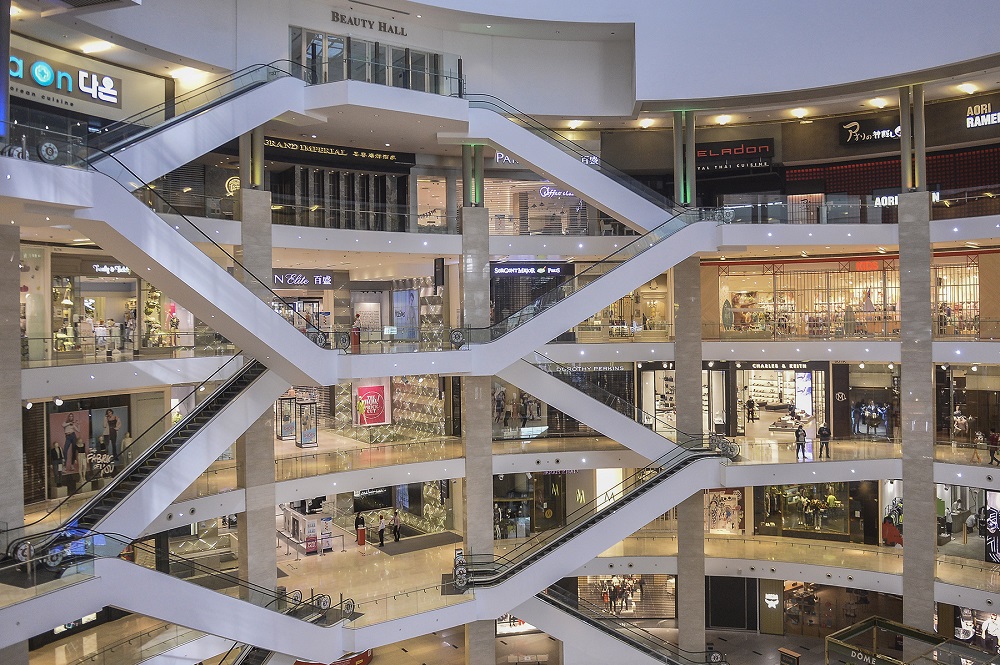
“So factoring in Covid-19 can actually lead to the improvement of our cities as demonstrated by those places above,” she said to Malay Mail.
At the same time, Nurul explained, places like Hong Kong and Taiwan demonstrated that density is not the culprit when it came to the spread of Covid-19. Crowding is.
“The pandemic has placed us at a crossroad. If we do nothing to allow our city to adapt, we might actually undo the progress we've made because those who can, will opt to drive and avoid unnecessary contact in public spaces.
“So more traffic jams and fewer people walking and using our streets. If we were to act quickly, then the pandemic would actually become an opportunity to improve our urban environment,” she said.
She added that authorities could start influencing change by ensuring people can actually social distance comfortably while they are walking or cycling.
“This could mean reclaiming some space from the cars. Plants can be used to demarcate spaces and more mature ones can even provide shade,” she said.
Another area that needs to change with Covid-19 in the picture is the design of houses in the country.
“The problem with (housing types like) flats is not the density as much as the risk of crowding. Housing is designed with the assumption that we will not be spending all our time at home, hence the spaces we have are also fixed (bedrooms, living, kitchen etc), because it was assumed that we will be outside for most of our waking hours.
“The pandemic has shown that our homes are not robust enough for situations like this, and it's made worse in places where there are risks of crowding like flats,” she added.
Meanwhile, in a quick response to Shuhana and Nurul Azreen's proposals, KL Mayor Datuk Nor Hisham Ahmad Dahlan said DBKL has plans to factor in changes brought about due to Covid-19 in city planning.
“Yes. We will put these plans into the local plan 2040 to accommodate changes in the future of city planning in light of Covid-19. There are plans for more open spaces and public parks,” he told Malay Mail.

